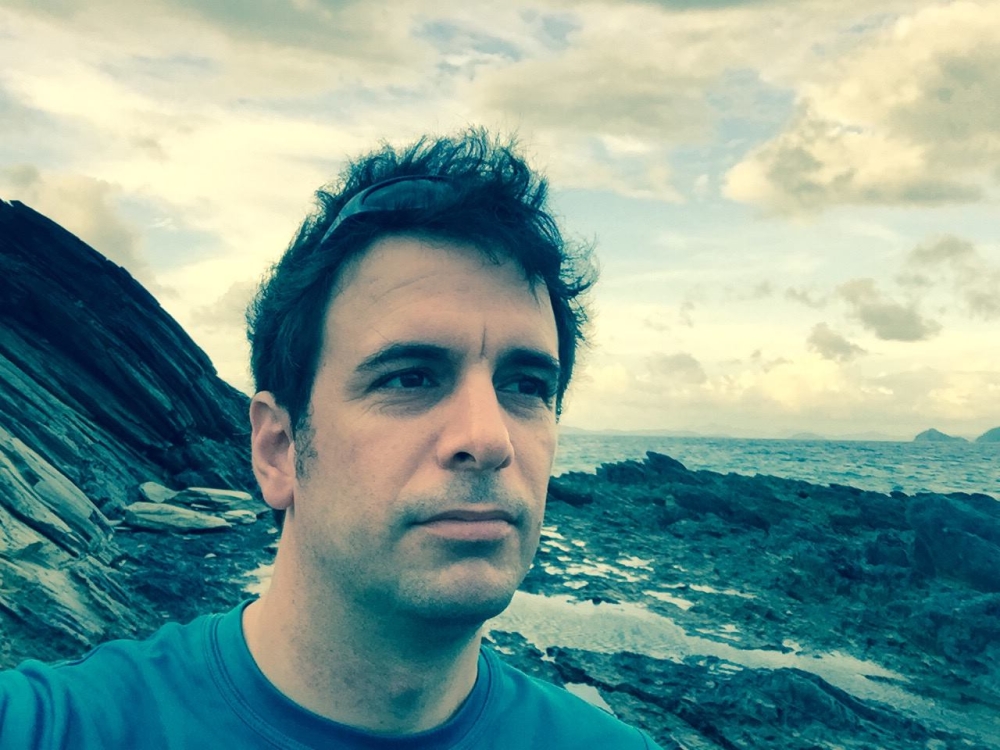Read this in The Manila Times digital edition.
WHEN Rodrigo Duterte won the elections almost six years ago, my friends in Europe and the US kept asking me why such a person could win elections in the Philippines. When they said "such a person," they were clearly meaning and using the adjectives from the depictions of Duterte that Western media was providing at the time. Now, again, my friends are asking me what is going on in the Philippines, clearly stating that for them it is difficult to understand why the son of Ferdinand Marcos Sr. could have been elected as the new ruler of the Philippines. (To be honest, during the past several days my Filipino friends have also been asking me, probably in the belief that a foreigner could have a somehow more objective view).
One of the deep beliefs among my Western friends is that having a democracy, understanding the right of adult citizens to vote freely and the rule of law, would be enough for a country to work, provide freedoms, rights and so on. The country should automatically start working, making their citizens more prosperous. People, especially the lower classes, are supposed to be wise, to understand what would be best for them...until a politician tagged as a wrong or even illegitimate choice is elected. Then, they keep asking, what could have happened to the people? Their Western mental framework and their expectations remain untouched though because they naturally extrapolate conclusions from their own political realities. Context and culture matter the most, but they ignore it.
Continue reading with one of these options:
Ad-free access
P 80 per month
(billed annually at P 960)
- Unlimited ad-free access to website articles
- Limited offer: Subscribe today and get digital edition access for free (accessible with up to 3 devices)


